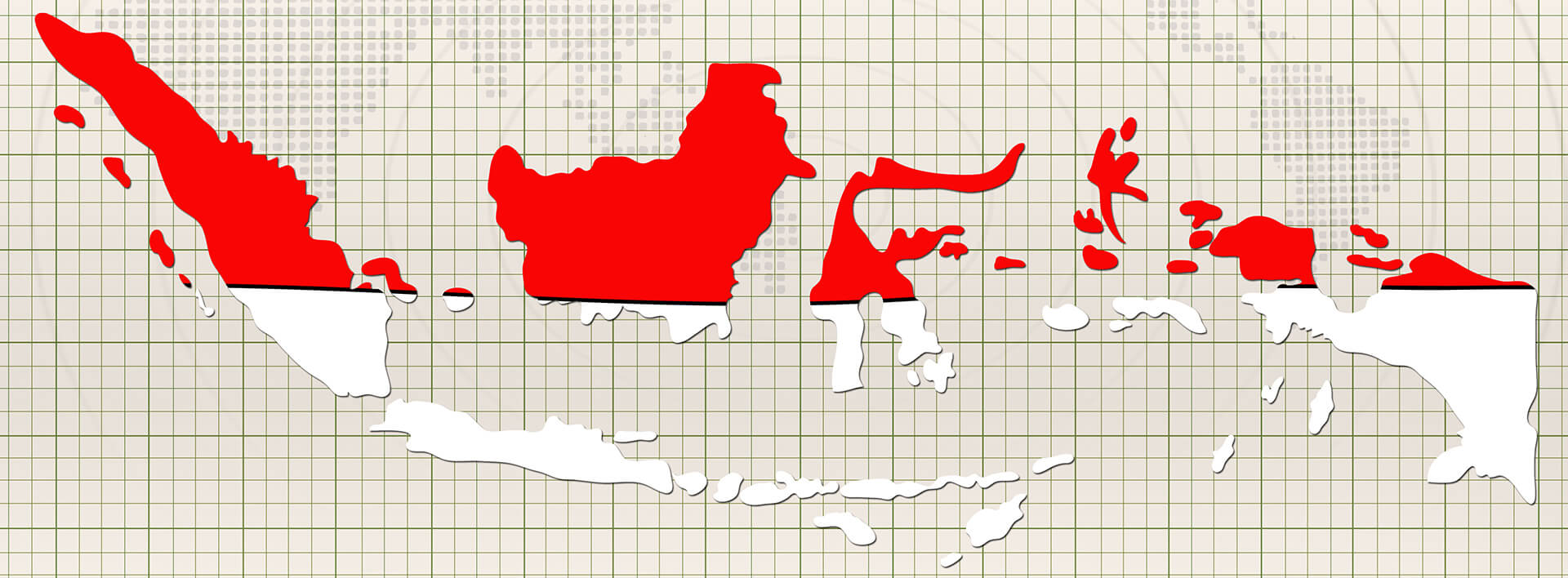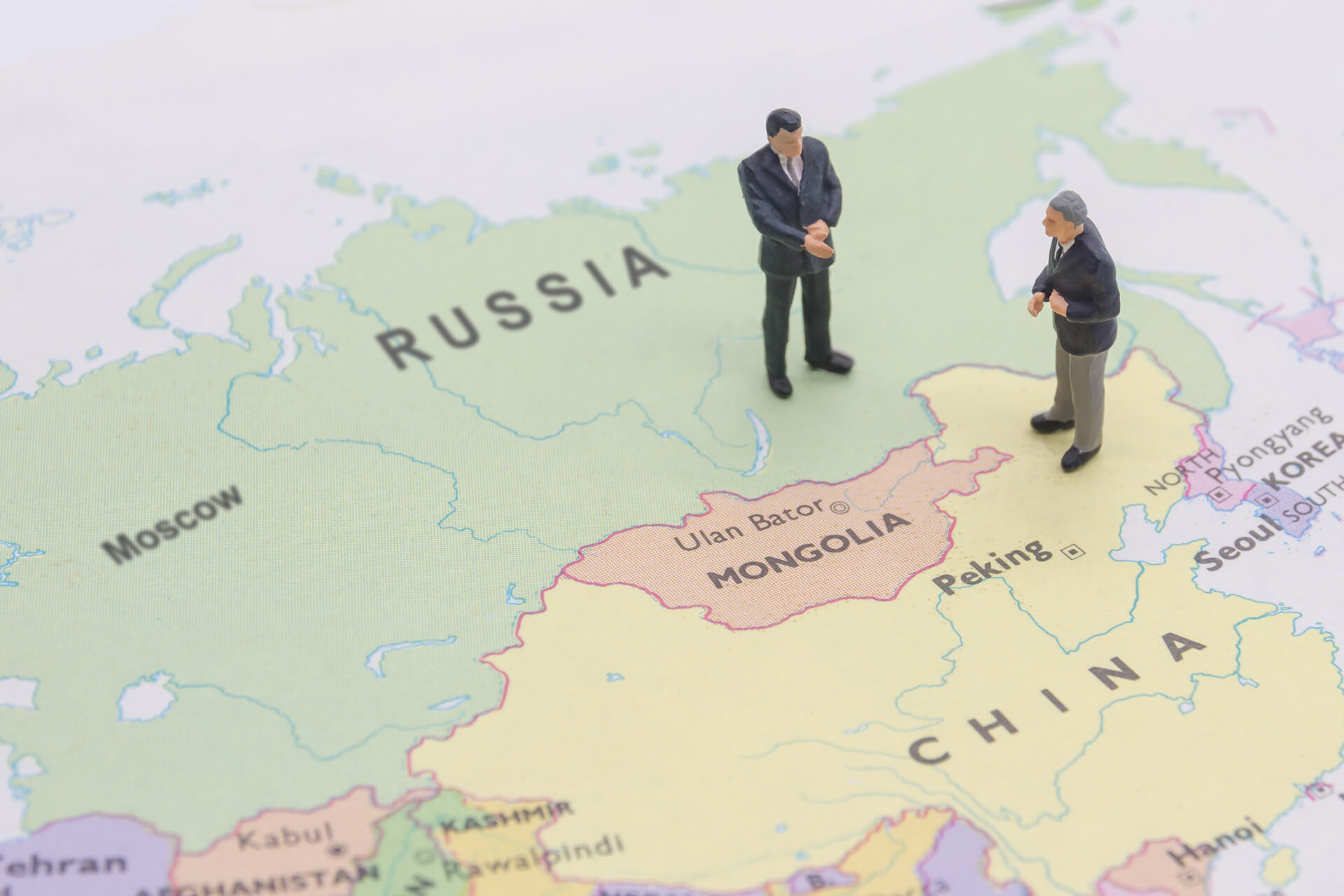Inter-National Continental Foreign Affairs

Conventionally speaking, foreign affairs refer to the relations and interactions between states or nations across boundaries and the policies, strategies, and activities among states and international organizations. Foreign affairs can encompass a wide range of issues, including diplomacy, trade, security, development, humanitarian aid, and cultural exchanges. The primary aim of foreign affairs is to incorporate the nation-state’s national interests and maintain developmental relations with other countries. The management of foreign affairs is usually the responsibility of a state’s foreign ministry or department and involves the use of various diplomatic tools, such as negotiations, treaties, and international agreements.

The elements of State-continent foreign affairs
-
Diplomacy Complex:
This involves the application of communication, negotiation, and compromise to build relationships with other countries and international organizations at the level of nations via the participation of people at broader levels, both short and long-term.
-
International trade & Entrepreneurship:
Foreign affairs maintain the policies of states, following the interests of nations in the areas of the exchange of goods and services between countries, and includes trade policies and agreements, tariffs, import/export regulations, involving domestic corporate sector and formulating entrepreneur facilities on the land.
-
Military affilitetration, Security, and Stateware technology:
This articulates affairs related to national security, defense policies, military alliances, arms control, military diplomacy, and institutional DnD.
-
Technology-Development Exchange:
State-continent policies and programs related to economic development, poverty elimination, and human progression comprise T-D exchange affairs between states and continents.
-
Cultural exchange:
This involves promoting geo-historic understanding and cooperation between nations & countries through initiatives such as knowledge events, education, art and intellectual exchanges, entertainment, and language programs, technology exhibitions, etc.
-
Human Fundamental-non fundamental rights:
This defines policies related to promoting and protecting human rights, such as freedom of speech, freedom of work, and the right to participate in all social processes.
-
Environmental issues:
The policies related to environmental protection, conservation, and sustainable development on earth and beyond encircle the areas of environmental affairs of states and continents.

These elements are interrelated and metrics that define the cooperation between countries to address global challenges and achieve common national goals.
